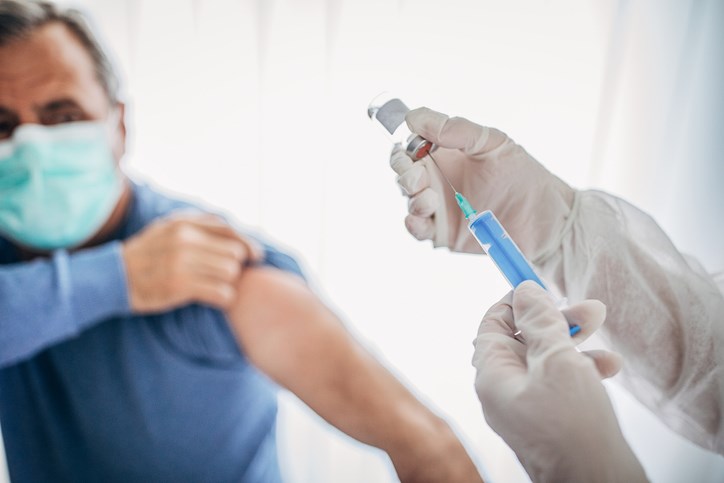The provincial government is already preparing to begin the mass immunization phase of it's COVID-19 Vaccine Delivery Plan in April, which is promising to have 226 sites available across the province to deliver the vaccine to the general public.
Although the province is still in Phase One of the plan, the mass immunization stage is still expected to begin in April, depending on the availability of vaccines. Public health is already working to arrange efficient vaccine deliveries to the majority of Saskatchewan residents.
Vaccines will be largely provided at mass immunization clinics, including the one at Evraz Place in Regina that is already set up, with support from drive-through vaccination clinics.
Partnerships with other health providers, like family physicians and pharmacies, will also provide vaccination opportunities, possibly with walk-in options, and mobile immunization vehicles will be delivering the vaccine to rural, remote and vulnerable populations.
“Saskatchewan's vaccine delivery plan has a goal of vaccinating as many people as possible, as quickly as possible,” said Premier Scott Moe, in a press release. “I am confident that Saskatchewan is well prepared to rapidly deliver immunizations when we start to receive adequate supplies of vaccine, and Regina's mass immunization clinic is a great example of how we are ready to deliver.”
Public health is expecting the mass immunization clinics to accommodate up to 30 immunization stations, with each station delivering an estimated six to seven vaccines per hour. Drive-through clinics are expected to deliver 19 vaccines per hour. Mobile units will vary in delivery.
As previously announced, Phase Two of the plan will be implemented based on an age structure, beginning with individuals aged 70 or older and working downwards in 10 year increments.
Public health will notify groups of people when they become eligible for immunization, using print and online advertising, social media and news outlets.
Immunized individuals will be provided a card detailing which vaccine they received — Moderna or Pfizer-BioNTech — and if possible, a date for receiving the follow-up dose. Vaccine information will also be available through MySaskHealthRecord.
Details regarding the hours of operation of immunization clinics have yet to be determined, with more information coming as the province moves closer to beginning Phase Two.
Mass immunization clinics
The province is planning to operate 150 mass immunization clinics, making up the bulk of the vaccine delivery plan. To receive a vaccine in one of these clinics, individuals will have to make an appointment either by phone or online once Phase Two officially begins and the registration system is active.
People will be asked not to arrive more than five minutes before their scheduled appointment, to reduce crowds. Traffic flow at the clinics will be controlled, with staff directing individuals through the process using clear signage.
Following the vaccine, people will be directed to a waiting area for a 15 to 20 minute observation period, after which they may go home.
The estimated time for the entire vaccination process from start to finish is about 30 minutes, said a government press release, provided traffic flow remains functional at the clinics.
Drive-through clinics
Drive-through clinics will not require an appointment, and as such are expected to have longer lineups and wait times. Immunizers will be able to deliver vaccines to more than one individual per vehicle, and site capacity for vehicles will differ based on location.
Individuals utilizing these clinics will still be asked to remain in a waiting area of the parking lot for at least 15 to 20 minutes after receiving the vaccine.
Mobile immunization clinics
These mobile vehicle units are self-contained immunization clinics that will focus on bringing the vaccine to people who cannot attend a mass immunization or drive-through clinic due to extenuating circumstances.
This includes people in rural communities, congregate or assisted living homes, First Nations and urban reserves, correctional facilities and possibly even residents who cannot travel due to medical or physical conditions.




